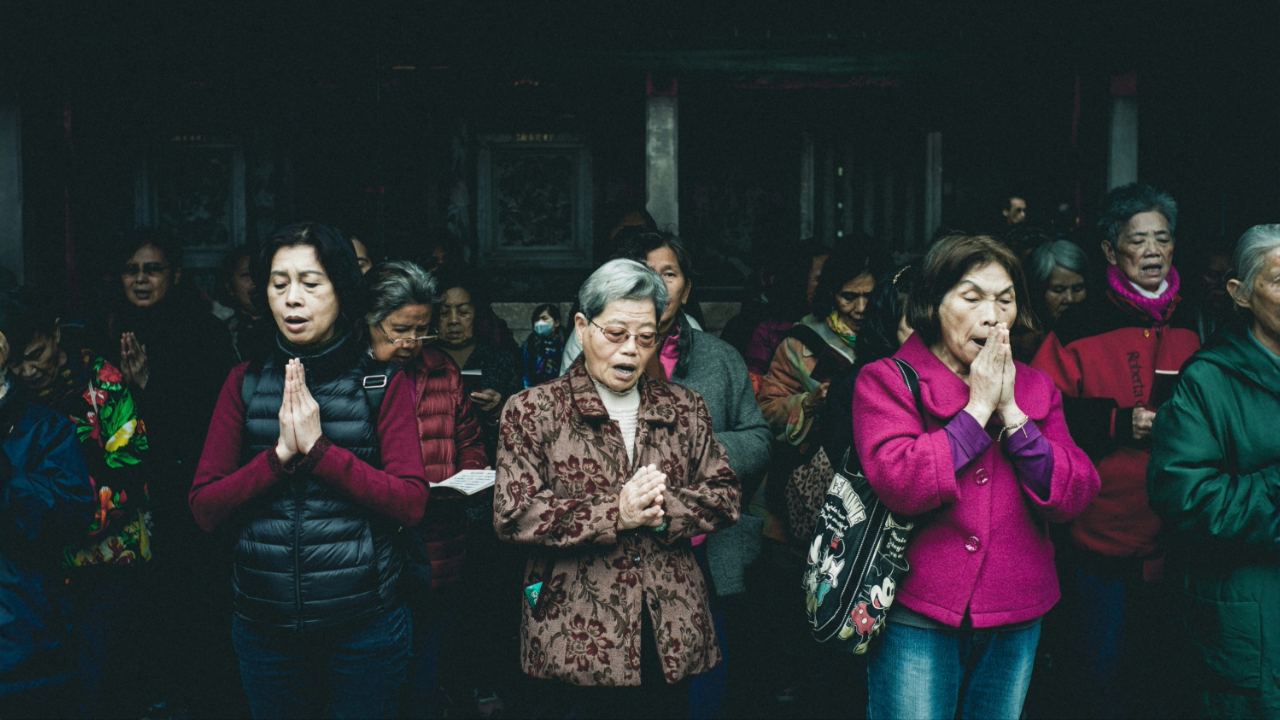Buddhist Chanting
Jan 25, 2025
Buddhist chanting is a fundamental practice in Buddhism, serving as a form of meditation, devotion, and spiritual cultivation. It involves the rhythmic recitation of sacred texts, mantras, or names of Buddhas and bodhisattvas.
Origins and Traditions
Buddhist chanting traces its roots to the earliest days of Buddhism, originating as a method to memorize and transmit the Buddha's teachings orally. Over time, it evolved into a spiritual practice in its own right. Different Buddhist traditions have developed their own unique styles of chanting:
- Theravada: Chanting is typically done in Pali, the language of the earliest Buddhist texts.
- Mahayana: Chants may be in Sanskrit, Chinese, Japanese, or other languages, depending on the specific tradition.
- Vajrayana: Incorporates complex, multi-tonal chanting, often accompanied by instruments.
Types of Buddhist Chants
Buddhist chanting encompasses various forms:
- Sutra recitation: Chanting of sacred texts or scriptures
- Mantra chanting: Repetition of sacred syllables or phrases
- Nembutsu: Recitation of the name of Amitabha Buddha in Pure Land Buddhism
- Paritta chanting: Protective verses in Theravada Buddhism
- Shomyo: Japanese Buddhist choral music
Benefits of Buddhist Chanting
Scientific research and Buddhist teachings suggest numerous benefits of chanting:
Psychological Benefits
- Stress reduction and relaxation
- Improved focus and concentration
- Enhanced emotional regulation
- Increased self-awareness
Physiological Benefits
- Reduced blood pressure and heart rate
- Improved respiratory function
- Enhanced immune system function
- Better sleep quality
Spiritual Benefits
- Deepened connection to Buddhist teachings
- Cultivation of mindfulness and present-moment awareness
- Development of compassion and loving-kindness
- Purification of speech and mind
Scientific Perspective
Recent scientific studies have begun to shed light on the effects of Buddhist chanting:
- Brain imaging studies show that chanting can induce altered states of consciousness similar to deep meditation1.
- Research indicates that chanting can activate the parasympathetic nervous system, promoting relaxation and reducing stress2.
- Some studies suggest that chanting may have positive effects on cognitive function and memory1.
Cultural Significance
Buddhist chanting plays a crucial role in Buddhist rituals, ceremonies, and daily practice. It serves as:
- A form of offering to the Buddha and bodhisattvas
- A means of transmitting Buddhist teachings
- A way to create merit and cultivate positive karma
- A method for fostering community and shared spiritual experience


